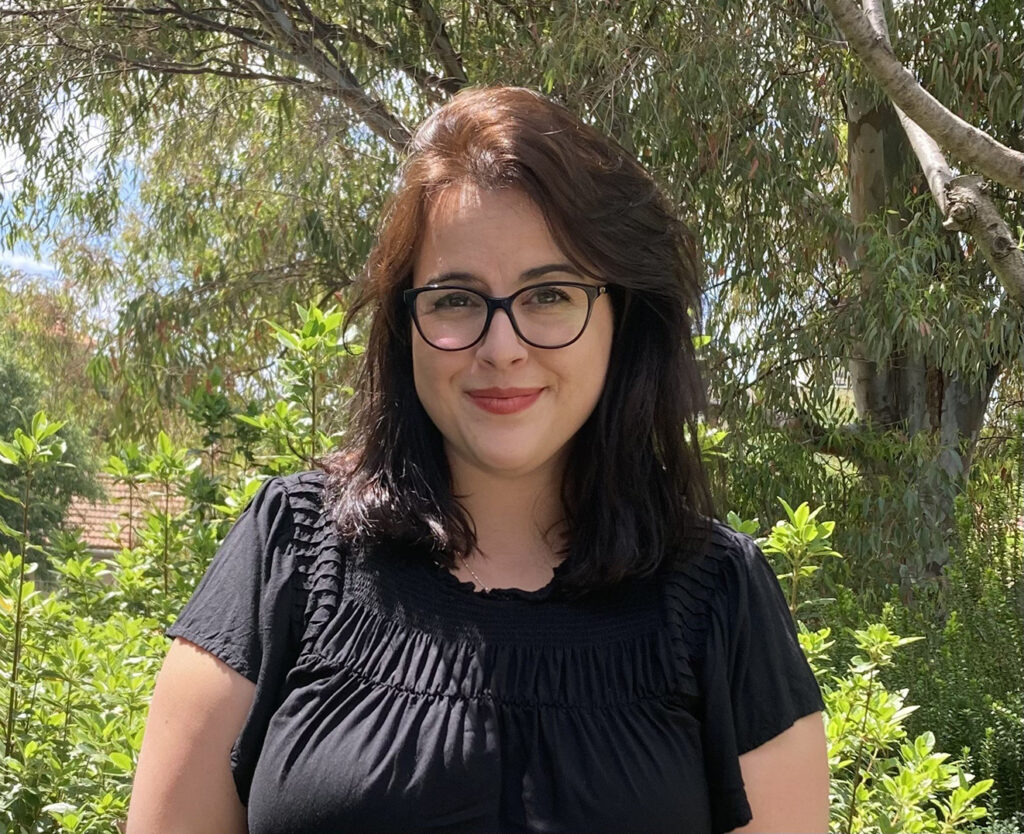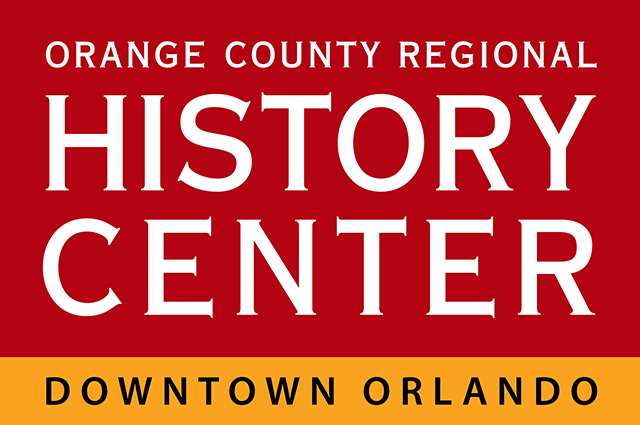
By Justine Truc, 2023 University of South Carolina Oral History Fellow
Through the generosity of one of our donors, the History Center is able to offer two paid fellowships each summer through the University of South Carolina’s graduate public history program. These virtual fellowships typically involve working with the museum’s vast oral history collection as well as learning about other departments and career opportunities in museums.
I had the chance to work with the Orange County Regional History Center and listen to oral histories during the summer of 2023 as part of their mission to preserve local history. During my fellowship, I created audio logs following a precise system of cataloging and archiving, in order to help digitize parts of oral histories in the History Center’s collection. This project gave me the opportunity to listen to the stories of almost 30 different people from various backgrounds talk about their lives and attachment to Central Florida.
“Kind of like the WPA during the Great Depression, if we can get something going like that again, like kind of cataloging the American experience, especially now with so much division and at this like such a polemic moment in American history … Now more than ever we need something like that back.” (oral history with Katie Rice on June 25, 2021)
Slowly learning more about the history of Central Florida throughout the summer was one of the most rewarding aspects of this undertaking. Although my knowledge of the area was limited at the start of my fellowship, some names, places, and events quickly became familiar to me and will forever be associated with Orange County. I realized that many of these familiar names have been silent actors in the lives of most Floridians. A few examples are Dr. Phillips, Disney World, Hurricane Donna, the Queen Kumquat Sashay, Jones High School, the Sapphire Supper Club, and many other names, places, or events that still resonate with generations of Floridians today.
“If there’s any place I would want to set roots, it’s here. And there are so many reasons for it. Even with all of its problems, the fact that people are just so encouraged to continue to move forward with it, I hope that doesn’t go away […] the city has been getting better, and it can continue to get better.” (oral history with Cristobal Reyes on June 7, 2021)
Most people interviewed by the History Center seem to envision a bright future for the state of Florida. That realization was both surprising and yet comforting to me as I continued to catalogue histories. In times of political discord, it is encouraging to know that people are still united as a community. At the end of each interview I worked on, interviewees had the chance to leave a personal message to potential future listeners. As these interviews are being conducted to create an archive that will be available to the public in 10, 20, or 50 years, I was pleased by what came out of them. Although we may not all live in Florida, I hope that we will all get the chance to reflect on the importance of being kind to one another and accepting of our differences, and that we will never stop following our dreams and work hard to achieve them.
“I am really thankful for the people in Orlando. I feel like I have spent a lot of time here and I feel like people here are very compassionate. I think that’s what make America great, it’s through the people.” (oral history with Masami Koshikawa on August 12, 2019)
I was amazed by how many seemingly ordinary people had extraordinary lives. One oral history that stood out to me this summer was the story of Suzi (Mimi) Chan, an Orlando resident, who was the inspiration behind the Disney character Mulan that came out in 1998 and which I grew up watching from France. An immigrant myself, just like Chan’s family, I enjoyed hearing about all her family’s accomplishments in the United States. I also loved the interconnectedness of some other stories which allowed me to get different perspectives on the same topic.
For example, I first got to listen to Reverend Marnie Harmony talk about marrying same-sex couples at Lake Eola during a time when it was still not legal in Florida, then heard the point of view of a couple married that day talk about that same event from a different perspective. Moreover, I was particularly touched by stories of the younger generation. Kyle Kern, Katie Rice, and Cristobal Reyes, for example, are all doing amazing work with the community through their work as political consultants or reporters for the Orlando Sentinel.
Although I was surprised to hear such young voices on the audio recordings and asked myself what kind of history they could possibly tell, I enjoyed hearing the passion in their voices. It inspired me to try and go beyond my own expectations and to get more involved in my own community. As I currently live in South Carolina, I hope to one day bring the same kind of energy to my state and to either inspire others or be inspired by other people’s stories by potentially interviewing them in order to preserve the history of my adoptive state.
“The Orlando I came to in 1988 was still a very small town, and post-Disney, I’ve watched Orlando grow in ways that initially I was very concerned about […] and then at some point, the light began to shine. […] Orlando began to move towards being a more progressive city. I think that Orlando is kind of an exciting place to live now.” (oral history with Rev. Marnie Harmony on July 8, 2021)
As an aspiring historian myself, the work that I have done with the History Center this summer will be extremely helpful in my own research and will help me grow as a scholar. Understanding the importance of elevating people’s lived experiences about the past through oral history broadens our understanding of local, national, and global events in ways that other forms of historical research and approaches cannot. Seeing how the History Center works closely with the community has been inspiring, and I hope that I will be able to apply some of the things that I have learned to my own research in the future.
I may not be a Floridian, but my hope now is to be able to travel to Florida one day, and wander around the streets of Orlando and meet some of the amazing people I learned so much about throughout my fellowship.

